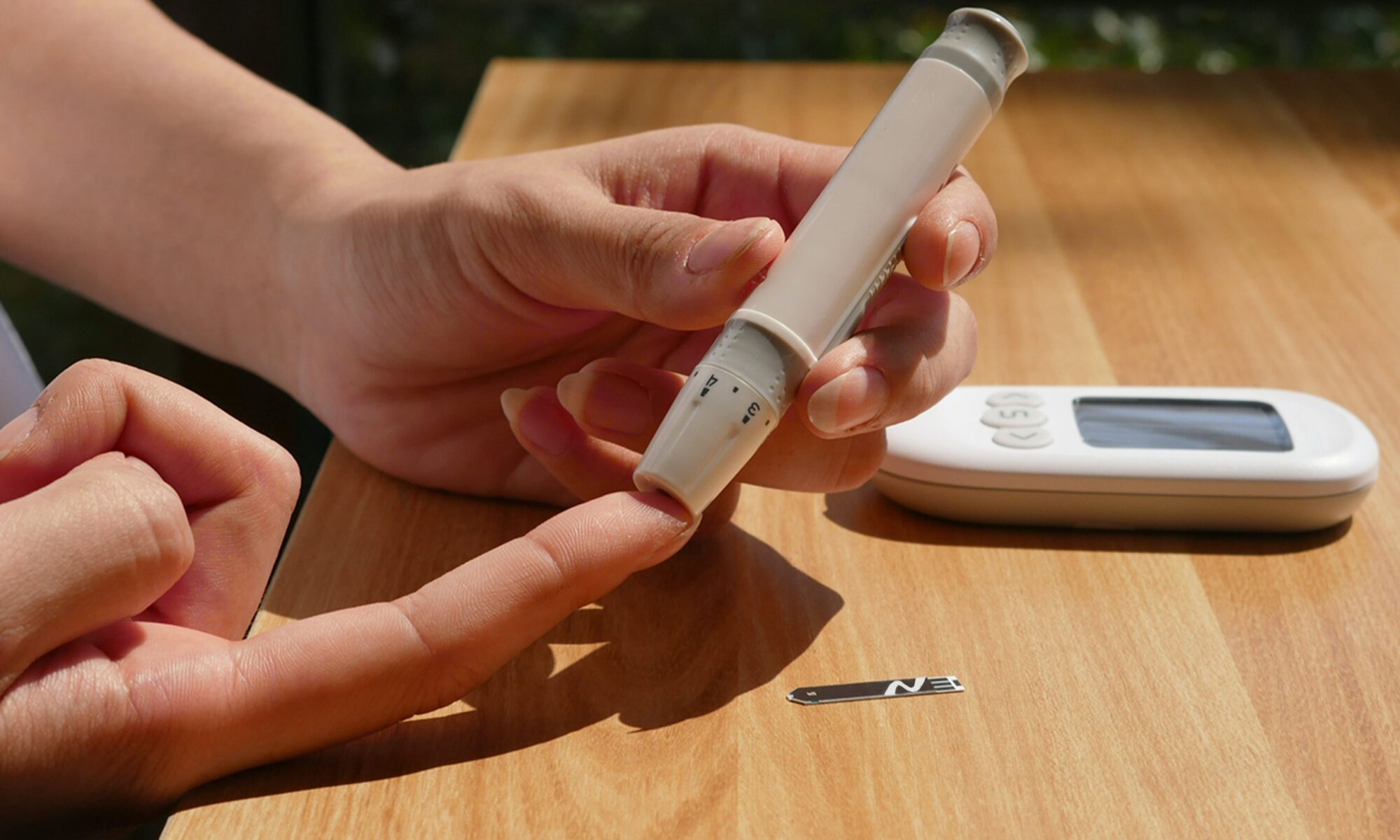Regular exercise is an important part of maintaining good health, and this goes for individuals with type 1 diabetes (T1D) as well. However, the question has often risen as to whether the time of day that individuals engage in exercise has an impact on their blood sugar management. A recent study compared results when resistance training was completed in the morning during a fasting state versus in the afternoon after blood sugar had been managed throughout the day.
The randomized study involved 12 participants between the ages of 18 and 50 who had been diagnosed with T1D for a least a year, did not take any medications (aside from insulin) that may impact their blood glucose levels, had no limitations on required exercises, and did not perform shift work. They were asked to keep a log of their food intake and insulin dosage because they were blinded to continuous glucose monitoring.
The results showed that engaging in resistance exercise in the morning (7 a.m.) led to a higher risk of hyperglycemic episodes than exercising in the afternoon (5 p.m.). Blood glucose levels tended to be higher during morning exercise and the 60-minute recovery period as well as during the next six hours. However, with afternoon exercise, blood glucose levels declined during exercise and returned almost to baseline during recovery. There was also less glycemic variability during the six hours post exercise.
It is essential that individuals with type 1 diabetes talk to their doctor before starting or changing their exercise routine, and that they carefully monitor their blood glucose before and after physical activity. Studies like these play an important role in helping individuals with T1D to better manage the disease and improve their quality of life.
Diabetes Research Connection (DRC) stays abreast of the latest developments in the field and supports early career scientists in pursuing novel, peer-reviewed research projects focused on prevention, treatment, and an eventual cure for T1D as well as improvement of quality of life. Click to learn more about current projects and provide support.




